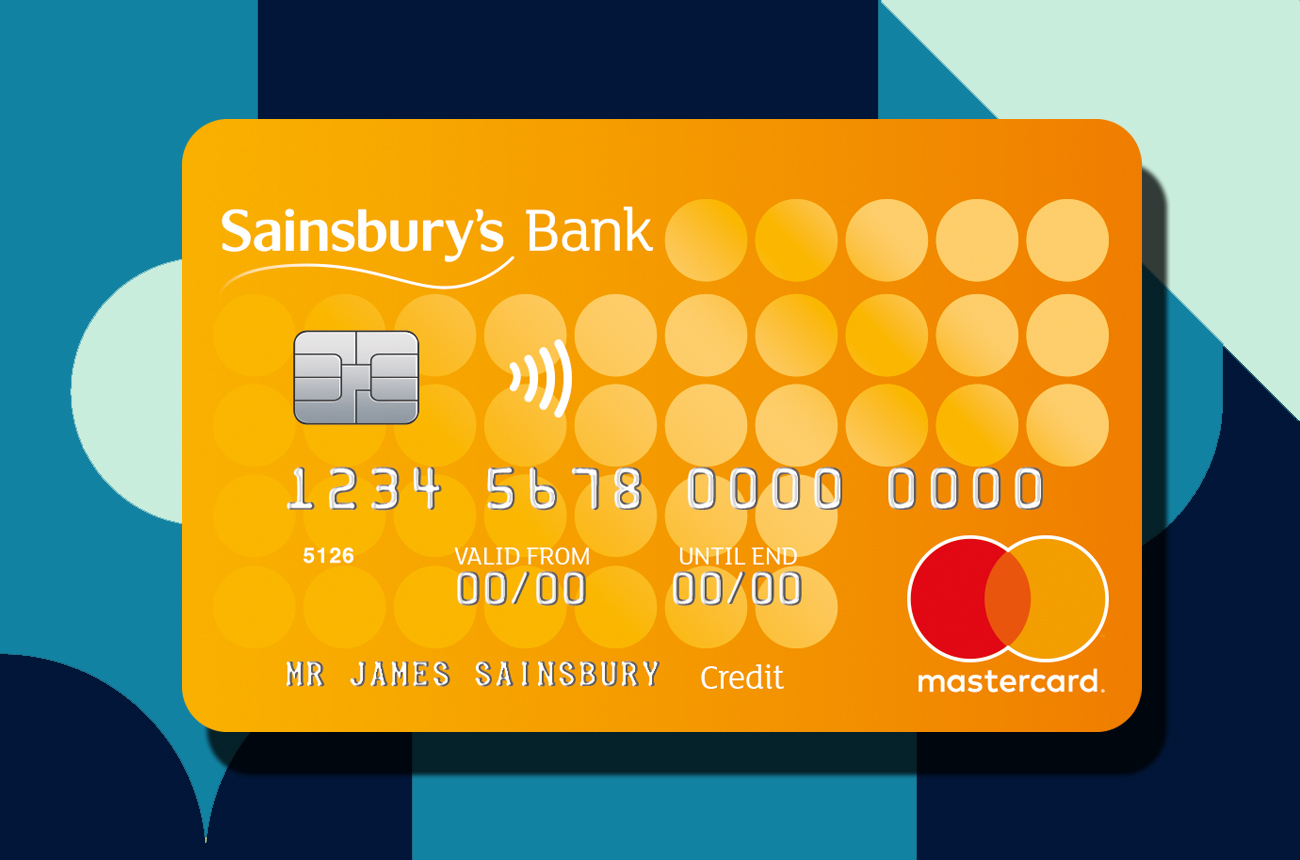NatWest vs Supermarket Banks: Big Changes Ahead
The UK banking landscape is shifting. For years, the "big four" banks – Barclays, HSBC, Lloyds, and NatWest – have dominated. But a new challenger has emerged: supermarket banks. Offering competitive interest rates and convenient access, these banks are slowly chipping away at the established players' market share. This article delves into the intensifying competition between NatWest and the supermarket banks, exploring the significant changes ahead for both.
The Rise of Supermarket Banks
Supermarket banks, such as Tesco Bank and Sainsbury's Bank, leverage their existing customer base to attract new banking clients. Their strategic advantage lies in convenience: customers can manage their finances alongside their weekly shop. This seamless integration has proven particularly appealing to a segment of the population seeking straightforward, uncomplicated banking services. This convenience is a significant factor differentiating them from traditional banks like NatWest.
- Convenience: One-stop shop for groceries and banking.
- Competitive Rates: Often offer attractive interest rates on savings accounts and loans.
- Simplicity: Simpler product offerings compared to larger banks.
NatWest's Response to the Growing Competition
NatWest, aware of the threat posed by these agile competitors, isn't standing still. They're adapting their strategies to retain and attract customers. This includes:
- Digital Transformation: Investing heavily in improving their online and mobile banking platforms to enhance user experience and compete with the streamlined offerings of supermarket banks.
- Personalized Services: Focusing on providing more personalized financial advice and tailored products to meet individual customer needs.
- Enhanced Customer Service: Striving to improve customer service responsiveness and efficiency to address customer complaints and queries effectively. This is a key area where supermarket banks, with their often simpler structures, can sometimes excel.
The Key Battlegrounds: Savings and Mortgages
The competition between NatWest and supermarket banks is particularly fierce in the savings and mortgage markets. Supermarket banks frequently offer highly competitive interest rates on savings accounts, attracting customers seeking higher returns. Similarly, they often provide attractive mortgage deals, particularly for first-time buyers. NatWest must counteract this with compelling offers and superior service to maintain its market position.
The Future of Banking: A Multi-Player Game
The future of banking in the UK looks increasingly fragmented. While the traditional banks remain significant players, the rise of supermarket banks and the continued growth of online-only banks are reshaping the industry. The success of both NatWest and supermarket banks will depend on their ability to adapt, innovate, and provide compelling value propositions to customers.
What does this mean for consumers? Ultimately, the increased competition is beneficial for consumers. It leads to more competitive interest rates, more innovative products, and improved customer service. Shoppers should compare offers carefully before committing to any financial product.
Conclusion: Adaptability is Key
The rivalry between NatWest and supermarket banks highlights the dynamic nature of the UK financial services sector. While established players like NatWest possess substantial resources and brand recognition, the agility and customer-centric approach of supermarket banks present a serious challenge. The future will belong to those institutions that can best adapt to the changing needs and expectations of the modern consumer. The race is on, and customers are the ultimate winners.
Further Reading:
- [Link to an article on the financial performance of NatWest]
- [Link to an article comparing savings accounts from different providers]
- [Link to an article on the future of banking technology]
This article provides valuable information for readers interested in the UK banking sector and the evolving competition between traditional and challenger banks. Remember to always conduct thorough research before making any financial decisions.

